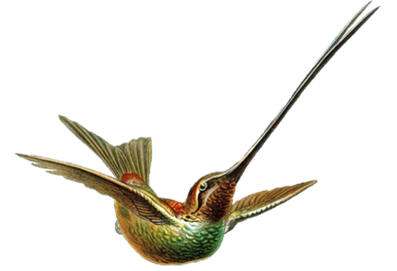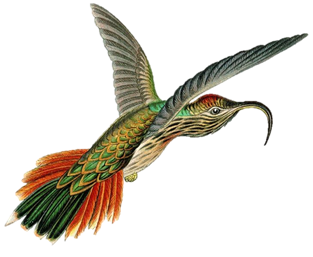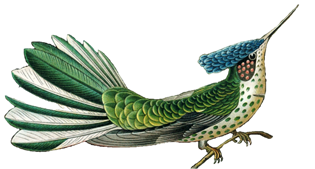 | ||
| BioTIME is a comprehensive collection of assemblage time-series in which the abundances of the species that comprise ecological communities have been monitored over a number of years. BioTIME data span the globe and encompass land and seas; they also include freshwater systems. The current version of BioTIME contains over 12 million records, features almost 50 thousand species, covers over 600 thousand distinct geographic locations and is representative of over 20 biomes, occurring over 6 different climatic zones. BioTIME follows the guiding principles of FAIR data (Findable, Accessible, Interoperable, Re-usable). | ||
BioTIME shows that although ecological assemblages are exhibiting no systematic change in the number of species they support (their species richness) the species composition of these natural ecosystems is changing at an unprecedented rate. Dornelas, M., N. J. Gotelli, B. McGill, H. Shimadzu, F. Moyes, C. Sievers and A. E. Magurran (2014). "Assemblage Time Series Reveal Biodiversity Change but Not Systematic Loss." Science 344(6181): 296-299. This 'regulation' of species richness, in the face of rapid turnover of species, suggests that ecological theory needs to be extended to take account of these unanticipated changes. BioTIME is helping ecologists understand and predict biodiversity change Gotelli, N. J., H. Shimadzu, M. Dornelas, B. McGill, F. Moyes and A. E. Magurran (2017). "Community-level regulation of temporal trends in biodiversity." Science Advances 3(7). |
 |
|
 |
Biodiversity change is probably linked to habitat transformation, climate change and invasive species. As a result, the distinctiveness of natural ecosystems is being lost Magurran, A. E., M. Dornelas, F. Moyes, N. J. Gotelli and B. McGill (2015). "Rapid biotic homogenization of marine fish assemblages." Nature Communications 6: 8405. Biodiversity change threatens the resilience of natural ecosystems and their ability to persist in our fractured world. BioTIME has a unique role to play in revealing these unparalleled changes in natural ecosystems, and in supporting conservation efforts to protect biodiversity |
|
|
BioTIME is an open access resource, free to anyone, anywhere in the world to use for education, research or conservation. However, the future of the BioTIME database, and its continued availability as a resource for ecologists around the world, depends on our ability to raise funds to secure it over the coming years. If you will be using BioTIME data in a funded research project, please contribute to our running costs. Or, if you are writing a grant proposal for work that will draw on the BioTIME database, please include a contribution to these running costs in your budget. To contribute, or for advice on wording to be included in a grant application, please contact us here. Your support is greatly appreciated and will be acknowledged on the BioTIME website. | ||



